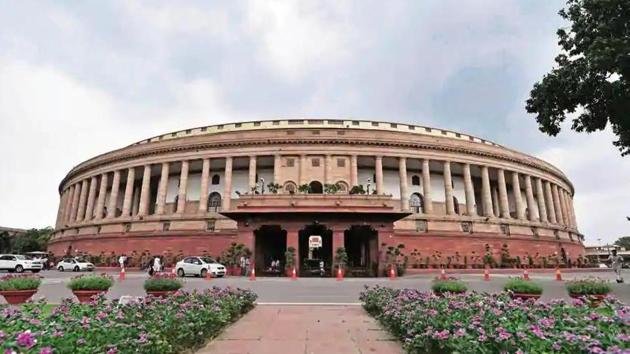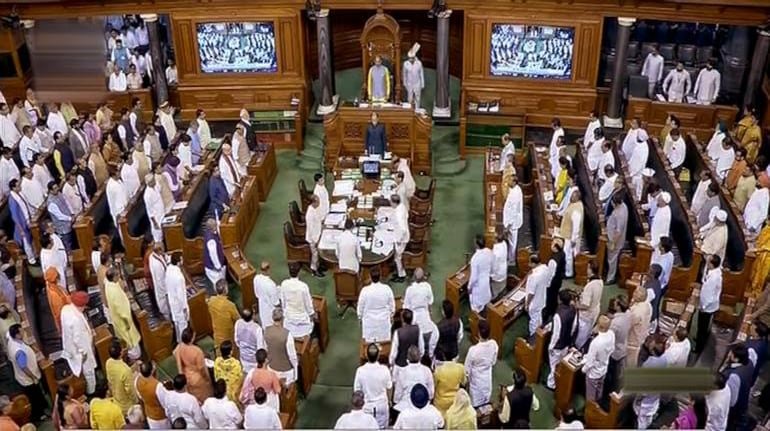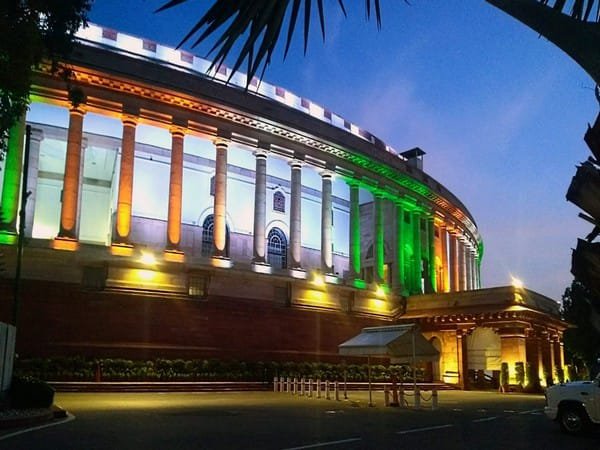Bills Passed During The Monsoon Session
There were 17 sittings held over a period of 23 days during the monsoon session, which started on July 20 and finished on Friday. The parliament in this session passed 23 bills.
The only bill that underwent a meaningful debate was the Government of National Capital Territory of Delhi (Amendment) Bill, 2023. By bringing up the Manipur problem and demanding that the Prime Minister talk about it, the opposition has mostly abstained from the proceedings.

Following a heated debate, the Delhi services bill was approved. Furthermore, it marked the first occasion when the Congress party was seen firmly supporting the AAP.
The motion for no confidence was the subject of a contentious, three-day debate throughout the session. Rahul Gandhi joined other prominent leaders in challenging the administration.
The huge Lok Sabha election of 2024 will be decided by how aggressively both Prime Minister Narendra Modi and Home Minister Amit Shah attack the opposition.
Voice votes were used to pass well-known measures like the Data Protection Bill, which had been delayed for more than five years.
Personal data processing and storage will be affected by this law.
The Registration of Births and Deaths (Amendment) Bill was also approved by the legislature; it aims to create a comprehensive database of births and deaths and makes a birth certificate a requirement for voting, enrollment in school, employment, and welfare.

The regulations that make it necessary to link Aadhaar with birth certificates have drawn criticism from experts.
Two significant environmental bills were also approved by the legislature. The Forest Conservation Bill was passed following an hour-and-a-half debate in which no members of the opposition participated.
Many opposition parties have previously opposed many of these bills.
The administration claims that the Jan Vishwas Bill, which was passed, will make it easier to do business in the nation.
Also approved was the Indian Institutes of Management Bill, which would affect how these esteemed institutions conduct their internal affairs.
Three new laws to reform the criminal justice system have been introduced by Home Minister Amit Shah.
The administration has also proposed a bill that would exempt the Chief Justice of India from serving on a committee that selects election commissioners.
Also Read: Tips for the Google Pixel 8 Series’ Alleged ‘Audio Magic Eraser’ Feature



